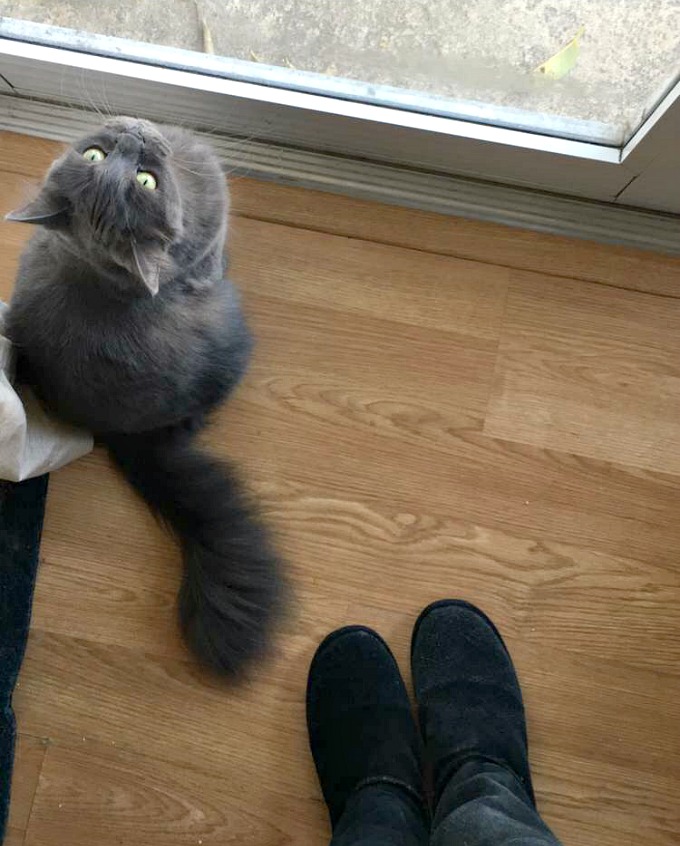Taurine is not a commonly recognized component in a balanced diet, but surprisingly, as an amino acid, it is a crucial building block for bodily development and functionality. This is the case for both humans and cats, in addition to many other members of the animal kingdom. Taurine is commonly added to pet foods as part of a balanced and nutritious diet, and if not provided to a cat as part of their regular diet, it can have detrimental effects on the animals' health.

What is Taurine?
Taurine is a type of amino acid. Amino acids are considered the building blocks of the body and are crucial in the production and utilization of protein. Proteins in the body are used in the functions of every process. Taurine, in particular, is crucial in processes involving metabolism, eye function and circulation, as well as several others including digestive processes.
Where is Taurine Found and How Can Cats Get Enough?
Taurine is naturally found in meat, fish, eggs and dairy, also known as animal based proteins. Humans and dogs are able to synthesise taurine within their own bodies. However, cats are incapable of doing so, giving it the label of an essential amino acid, meaning, they must get it from outside sources. For this reason, cat foods with taurine as an incorporated component, are common and fundamental as part of a well balanced diet. Taurine can be added into foods as an independent supplement readily extracted from animal based proteins, or carefully measured through analyzed taurine containing products.
Taurine fortified foods are a sure fire way to make sure cats receive enough taurine in their diets. They can also receive taurine through unprocessed means such as meat and fish. However, eggs and dairy products, although still viable sources, are not recommended as a regular part of a balanced diet. Processed cat foods are scientifically formulated to make sure they are balanced and contain all of the required nutrients.
What Happens if Cats Don’t Get Taurine?
Cats who don’t receive enough taurine in their diets can be prone to a myriad of different ailments. Some of which are incurable. Commonly seen are heart and circulation problems, as well as loss of eyesight, both of which are irreversible, in addition to diabetes. Less serious and more manageable ailments include dental disease, coat condition deterioration, reproductive dysfunction, immunodeficiency, digestive deficiencies and lethargy.
Taurine is an amino acid, and amino acids are essential for the production and use of proteins within living bodies. Cats are unable to synthesise their own taurine, therefore, it is imperative that they receive adequate amounts from their diets. Taurine is most commonly found in animal based proteins such as meat, fish and eggs. Processed cat foods are developed scientifically specially to ensure that cats receive all of the required nutrients, including taurine, through one readily accessible and palatable source. If cats do not receive the required levels of taurine it can be severely damaging to their health from many different sources of functioning including heart health, eyesight and digestion. So make sure your cat gets enough amount of taurine, whether thru its food or independent supplements.





Leave a Reply